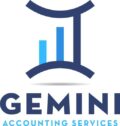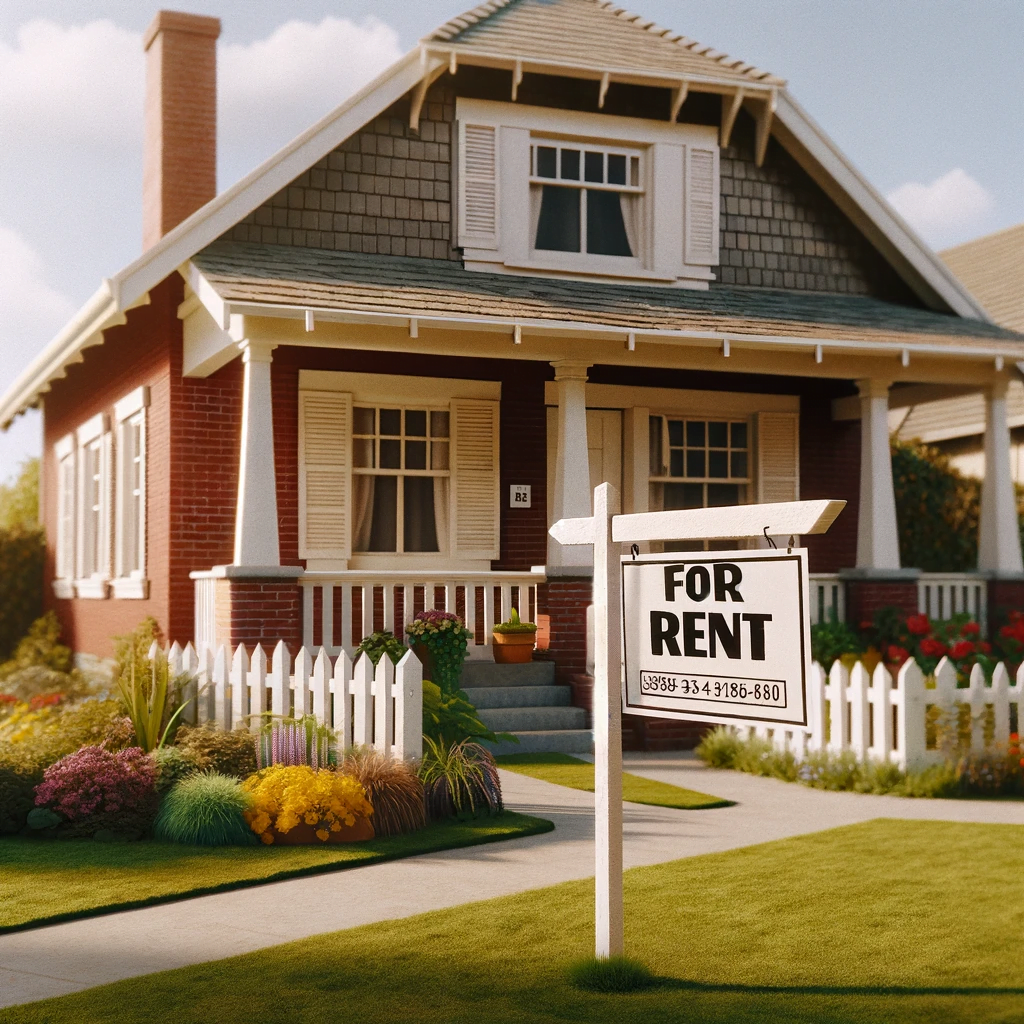Rental income is as diverse as it is lucrative. For many, owning and renting out property is a key investment strategy that offers them both a regular income and potentially long-term gains. However, dealing with the nuances of rental income and understanding tax implications can be overwhelming. Keep reading as we explore many aspects of rental income, getting tax deductions, whether you’re a landlord or an investor, we want to help you make informed decisions.
Rent Payments: More Than Just Monthly Checks
Rent payments, the most common form of rental income, can vary significantly depending on property type, location, and the amenities offered. For example, a high-rise apartment in a city center is usually more expensive than an apartment in the suburbs that’s the same size, because of the high demand and the higher cost of living.
Lease agreements must comply with local and state laws, which can dictate everything from the security deposit to the timing of rent increases. Landlords need to be aware of these regulations so you can avoid any legal complications.
In rare circumstances, rent structures can be unique. For example, graduated leases might include a rent rise at predetermined intervals, while percentage leases, which are typical in commercial properties, based on the rent on the tenant’s revenues in the company.
Advanced Rent Structures and Legal Nuances
- Variable Rent Agreements: Some landlords adopt innovative rent structures like income-based rent, where the rent amount varies based on the tenant\’s income. This approach is often seen in properties that aim to provide affordable housing.
- Short-term Rentals and Seasonal Adjustments: Properties in vacation destinations may adopt a seasonal rental strategy, charging higher rates during peak seasons. Short-term rentals, popularized by platforms like Airbnb, offer flexibility but come with different tax considerations.
Subletting and Secondary Income Streams
- Sublet Agreements: In some cases, your tenants might sublet the property, adding another layer to the rental agreement. Landlords need to clearly understand and stipulate their policies on subletting to avoid any legal issues.
- Storage and Parking Fees: Additional facilities like storage units or parking spots can become some more additional income streams. These features are often overlooked, and they can be optimized to maximize your monthly rent income.
Exploring Other Sources of Rental Income
Other sources of rental income that are often overlooked include:
- Expenses Paid by Tenants for Repairs: If a tenant pays for a repair and deducts the cost from their rent, this amount should still be recorded as rental income, but landlords can also claim these expenses on their tax returns.
- Advance Rent and Security Deposits: Advance rent payments must be reported in the year you received it, regardless of the period covered. Security deposits that are used as the final rent payments are also considered income. But deposits that are going to be returned to the tenant at the end of the lease are not considered income.
- Payments for Lease Cancellation: If a tenant pays to terminate a lease early, this payment is also considered taxable income.
- Goods or Services in Lieu of Rent: Sometimes, tenants may provide goods, services, or contribute some items instead of cash for rent. The fair market value of these must be included as rental income.
- Lease-to-Buy Agreements: These can be complex, with payments often part rent and part purchase payment. Understanding how to report these requires careful consideration of IRS rules.
Rental Property Tax Deductions
Understanding tax deductions is crucial for rental property owners, as they will impact your profitability.
1. Property Repairs and Improvements:
- Repairs: Immediate expenses like fixing a leaky faucet are fully tax-deductible in the year they occur. They also keep the property habitable, attractive, and well-kept making sure that your steady rental income.
- Improvements: These will enhance the property\’s value and prolong its life, it’s like doing exercise for a house. Examples of this include kitchen remodels or adding a deck. These costs are depreciated over several years, impacting long-term tax liabilities.
2. Rental Property Depreciation: This deduction allows landlords to account for the property’s wear and tear. For instance, if you purchase a rental property for $275,000, you can depreciate it over 27.5 years as the IRS has specified, leading to an annual depreciation deduction of $10,000. This deduction can significantly lower taxable income.
- Component Depreciation: Advanced tax strategies like breaking down the property into its components (such as appliances, furniture, HVAC systems), which is like itemizing your property depreciation, can allow for faster depreciation on certain elements, optimizing tax benefits.
- Land Value Consideration: It’s important to separate the value of the land from the building, as only the latter is depreciable.
3. Property Taxes: You can deduct property taxes associated with your rental property. This is particularly beneficial in high-tax areas, directly reducing taxable rental income.
4. Mortgage Interest Costs: Interest paid on a mortgage for a rental property is deductible. This often forms a substantial part of the early years\’ mortgage payments, offering a significant deduction.
5. Utilities: If the landlord pays utilities, these costs are deductible. This includes gas, electricity, water, and sewer services.
6. Insurance Premiums: Insurance premiums for rental property coverage are deductible. This includes fire, theft, and flood insurance, and even landlord liability insurance.
7. Home Office Expenses: If you manage your rental business from a home office, a portion of home-related expenses can be deducted. This must meet the IRS criteria for home office deductions.
8. Travel Expenses: Costs incurred traveling to and from the rental property for management activities are deductible. This can include vehicle expenses, flights, and accommodation if applicable.
9. Advertising Expenses: Costs incurred in advertising your rental property, whether online, in newspapers, or other media, are fully deductible.
10. Professional Services: Fees for property management, legal advice, or accounting services related to your rental property are deductible. This also includes services like bookkeeping or software subscriptions used for rental activity.
Maximizing Deductions Beyond the Obvious
- Eco-friendly Upgrades: Energy-efficient improvements can qualify for specific tax credits, in addition to depreciation benefits.
- Furniture and Appliance Depreciation: For furnished rentals, furniture and appliances can be depreciated separately, offering additional deductions.
Reporting Rental Income and Deductions
Rental income and deductions are reported on Schedule E, attached to your personal tax return (Form 1040). It\’s crucial to accurately report all rental income and legitimately claim deductions to avoid issues with the IRS. Common mistakes include underreporting income, overestimating deductions, and not keeping adequate records.
Innovative Tax Strategies and Legal Compliance
- Properties with Both Rental and Personal Use: If you use part of your property personally while renting out the rest, understanding how to allocate expenses and calculate deductions for each use is crucial.
- State and Local Tax (SALT) Deductions: Be aware of state-specific tax deductions and how they interact with federal tax laws, especially in states with high property taxes.
- Recent Tax Reforms and Implications: Keep updated with recent tax reforms, such as changes in standard deduction amounts or alterations in property tax deductions, which can significantly affect your tax strategy.
Comprehensive Reporting: Beyond Schedule E
Accurate Reporting and Avoidance of Common Pitfalls
- Capital Gains Considerations: Understand the implications of capital gains tax if you sell your rental property, especially if you\’ve claimed depreciation.
- 1031 Exchanges: Explore the possibility of deferring capital gains tax through a 1031 exchange by reinvesting the proceeds from a property sale into another rental property.
Utilizing Technology for Efficiency
- Digital Tools for Record-Keeping: Employ property management software and accounting tools to track income, expenses, and depreciation accurately, ensuring a smoother tax filing process.
Consulting with Tax Professionals
- Seeking Expert Advice: Given the complexities, consulting with a tax professional who specializes in real estate can provide tailored strategies and ensure that you are maximizing your deductions while remaining compliant.
In A Nutshell: Crafting a Profitable Rental Strategy
Successful rental property management and investment requires a blend of being savvy about the market, understanding the laws and regulation, and having a solid tax strategy.
By effectively managing rental income sources and strategically leveraging tax deductions, landlords can significantly enhance their property’s profitability. Exploring these various income streams, adopting innovative rent structures, and utilizing every available tax deduction, landlords and investors can significantly enhance their rental property’s profitability.
Always remember, when in doubt, consulting with a tax professional can provide clarity and ensure compliance, setting the stage for a successful and profitable rental property venture.

